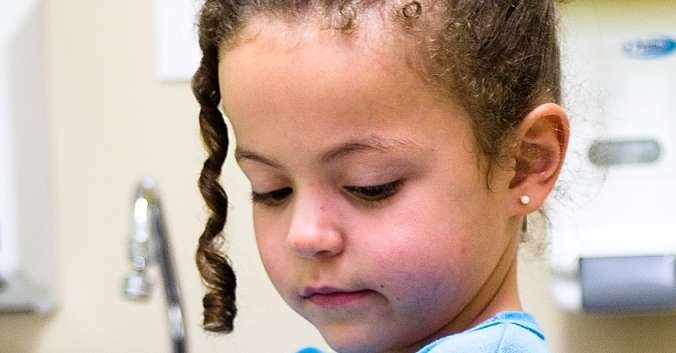On November 14, it marks World Diabetes Day, a disease considered to be one of the greatest public health villains. According to data collected by the International Diabetes Federation (IDF), there are 537 million people in the world currently suffering from diabetes, which maintains a growing forecast for the coming years. The IDF’s three-year campaign 2021-2023 promotes an important issue, with the theme: Access to diabetes care – if not now, when?
This global debate arrives in time too, in the year marking the centenary of the discovery of insulin by researchers Frederick Banting and Charles Best. Changing the course of history, because to this day it has been saving millions of lives.
Insulin and awareness
Insulin is an anabolic hormone, with an essential function for the human body, which is used in the treatment of diabetes, and has the ability to control the level of glucose in the blood. The inability of the pancreas to produce the hormone, or not working properly, can lead to diabetes. Therefore, the campaign also aims to raise awareness of the disease and alert public facilities. Many people do not have access to the necessary information and care, and ongoing support is essential for good control and adherence to treatment. Insulin, medication, technology and healthcare team support must be made available to all, with an urgent need for governments to increase investments in education on this topic.
The role of the International Classification of Diseases in Sociedade Gaúcha
In Porto Alegre, the Institute of Diabetes (ICD), since the launch of the project in 1998, has been carrying out, for 23 years, with the community of Rio Grande do Sul, many fundraising activities for the construction of this pioneering center January 2004, opening the doors to care through a multi-team The specialties consist of an endocrinologist, psychiatrist, nephrologist, ophthalmologist, vascular physician, nurse, dietitian, dentist, social worker, and physical educator, as well as a management team focused on attracting and sustaining the ICD.
More than just an aid, the work of Instituto da Crianca com Diabetes provides opportunities for quality of life and self-knowledge, creating and encouraging more than 4,300 children, youth and their families to live with the disease. In this context, it is worth emphasizing, once again, the role and performance that nurses have shown to people with diabetes, laying an important foundation and applying practices to the application of insulin, working in hypoglycemia, hyperglycemia, and storage of medicines, among many from others.
Technologies and health
Always focusing on the most current for a better quality of life for its patients, ICD also invests in technology and modernization, in the evolution of the treatments offered. Among the notable features are applications that allow monitoring and alerts in a more practical and convenient way. And glucose meters, which do not need to stick your finger. A continuous insulin infusion system, otherwise known as an “insulin pump”, is another device that provides the latest technology that enables it to deliver a continuous infusion of the hormone to the user. When considering the structure, the device weighs about 100 grams and is connected to a wire, the end of which has a catheter. Insulin is injected through this structure.
Each treatment always requires medical follow-up or a health care team. Understanding patients and families is essential. “Diabetes management and diagnosis should be discussed throughout the year, especially among children and adolescents. And the nurses, who have been honored since the 2020 campaign, are doing very important work. Our fight here at Instituto da Crianca com Diabetes is always to raise awareness among the population about the dangers of this disease,” says Dr. Balduíno Tschiedel, Head of the International Classification of Diseases.
It is noteworthy that when diabetes is not treated properly, it can lead to serious comorbidities, such as kidney and cardiovascular disease, further affecting the public health system, especially for diabetic patients.
The main symptoms of diabetes which is a silent disease
Frequent hunger Constant thirst Wanting to urinate several times. Tingling in the feet and hands. Frequent infections of the bladder, kidneys and skin. Wounds that take a long time to heal; blurry vision

“Wannabe internet buff. Future teen idol. Hardcore zombie guru. Gamer. Avid creator. Entrepreneur. Bacon ninja.”

